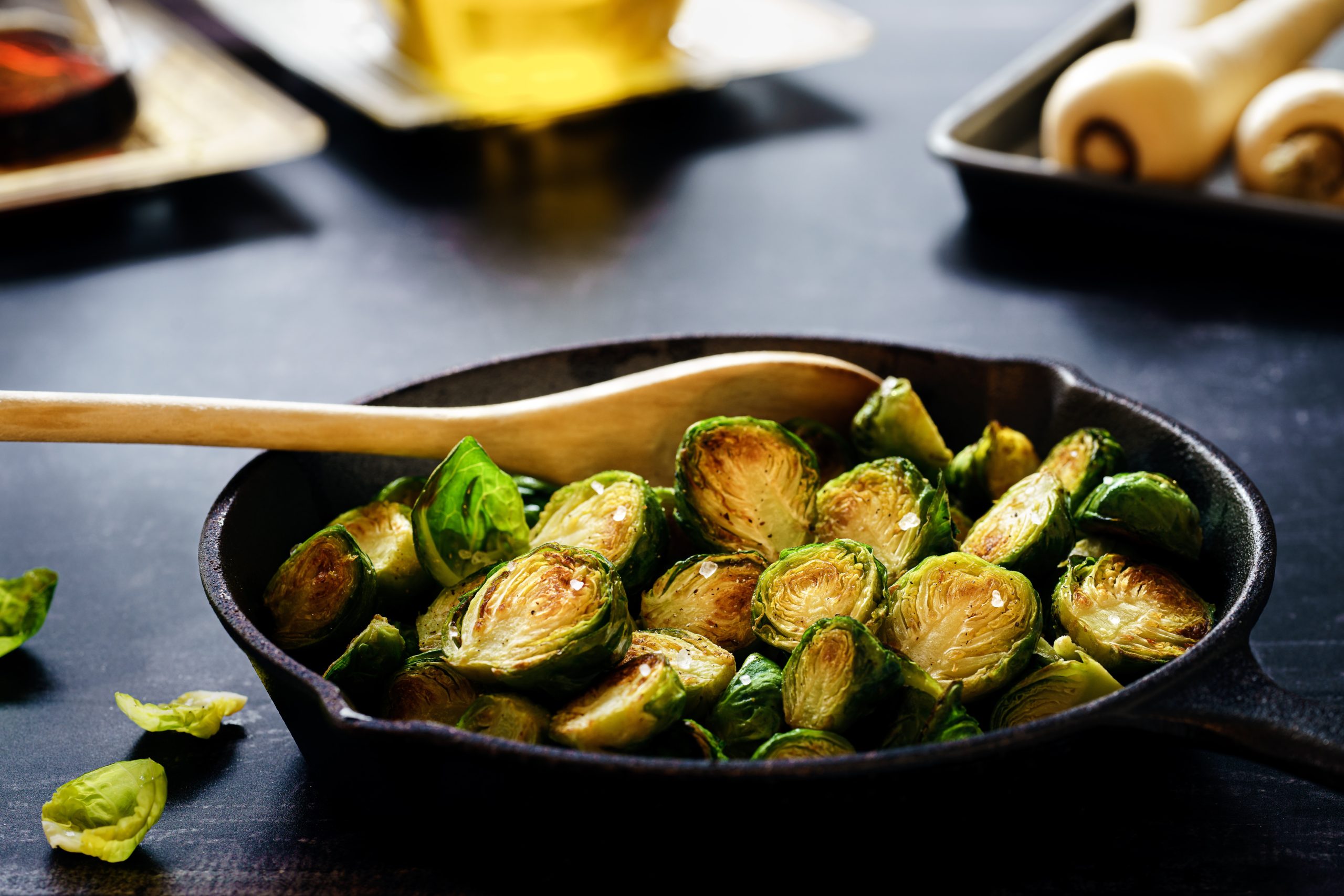
Nutritious and Smart: 6 Benefits of Frozen Foods
Worried about consuming frozen foods? Don’t panic: As it turns out, frozen grub is actually good for you. In fact, it can do wonders for your health. Curious? Read on below as we highlight six benefits of frozen foods, from the nutrition to your bank account.
Frozen Food is Still Fresh
Contrary to popular belief, frozen food is actually still fresh. Yes, you read that right. We know what you’re likely wondering: But how is that possible? Well, listen up.
Many supermarket vegetables are stored for weeks, and with research stating a clear link between storage and nutritional loss, you may be losing out. Conversely, frozen vegetables get picked, washed, and blanched within the hour, locking in all the vitamins and other good stuff that you should be getting from your groceries.
In simple terms? The benefits of frozen vegetables are much, much stronger (and last longer!) than that of fresh veggies. In fact, it turns out that frozen produce has just as many nutrients (if not more) as fresh, according to recent research. Who would have thought, huh?
Frozen Food is Safe
Very safe, in fact. The freezing process actually reduces harmful bacteria. Providing you store frozen food correctly, and follow directions for thawing and cooking, there should be absolutely nothing to worry about.
Frozen Food Has Less Sodium
In order to preserve them for longer, processed foods are jam-packed full of sodium. In simple terms, this means that processed foods aren’t as tasty as you think they are; it’s just all the salt doing its thing.
On the other hand, frozen food does not require preservatives, as it is a natural form of preservation. The foods are literally just… frozen in time until you are hungry. Then, once cooked, you can incorporate whatever food items you’d like. Pretty neat, huh?
Frozen Food Has Higher Nutritional Value
No, we’re not just saying that. There’s actual science to back it up!
In a 2013 study conducted by the University of Georgia, researchers compared private-label frozen foods with their fresh counterparts. While the foods were nutritionally similar on day one of the study, by day five the fresh produce lost vitamin content, especially key nutrients such as vitamin A, C, and folate.
Frozen Food is Convenient
Perhaps one of the more obvious benefits, frozen food is quick and easy. Simply pop one in the microwave or throw them in the oven and you’re minutes away from a full meal.
Frozen products also offer a lot of flexibility, making them a great go-to when you don’t feel like cooking an entire dinner or just don’t feel like ordering Domino’s Pizza (again).
Frozen Food Doesn’t Go to Waste
Feel like you’re constantly tossing out items of fresh or chilled food? We mean, ask yourself this: How much food have you thrown away in the last week because you didn’t use it in time?
Well with frozen food, you won’t have to.
Frozen food is measured, making it easy to keep and use. Simply cook what you need and save the rest. Products that are frozen also have a longer shelf-life so there’s no waste at the end of the week as happens with fresh or chilled foods. Not only is this good for your pocket, it’s also good for the environment. Talk about a win-win!

